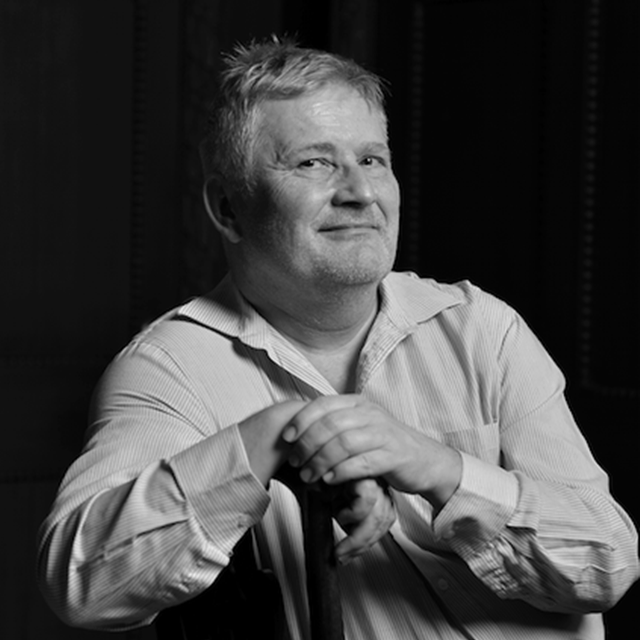Thomas H Bak
Cognitive Neuroscience of Multilingualism and Sociolinguistics: a Tale of Two Rivers
Conferencista
-
Thomas H Bank

Thomas H Bank
Born and raised in Cracow, Poland, Dr Thomas H Bak studied medicine and worked as a clinician in psychiatry and neurology in Bern, Berlin, Cambridge and Edinburgh. 2010-2018 he was the president of the World Federation of Neurology Research Group on Aphasia, Dementia and Cognitive Disorders (WFN RG ADCD).
His main interest is the relationship between language, brain and mind, and embodied cognition, with a recent focus on the impact of language learning and multilingualism on cognitive functions across the lifespan and in brain diseases such as dementia and stroke. He has teaching experience in 7 languages and conducts his research in a wide range of populations across the world.
Resumo →
Thomas H Bak
Cognitive Neuroscience of Multilingualism and Sociolinguistics: a Tale of Two Rivers
The last decades have seen a paradigm shift in cognitive and neurosciences, with important consequences for our understanding of multilingualism and language learning. The static, modular, localisationist models of the late 20th Century often corresponded to similarly static views of language, determined to a large extent by innate characteristics and early childhood input. In contrast, the current dynamic distributed networks, emphasising neuroplasticity and adaptation, shift the emphasis towards the importance of lifelong experience and the way it modulates brain, mind and behaviour. Accordingly, the simplistic monolingual vs. bilingual dichotomy is increasingly being replaced by approaches examining the impact of multilingual (or indeed plurilingual) experience across the whole lifespan. Patterns and contexts of language use, code switching and code mixing as well as attitudes to language learning and use are becoming relevant variables in order to understand cognitive effects of multi- and plurilingualism. This leads to an increasing convergence of psycho-, neuro- and sociolinguistics.
